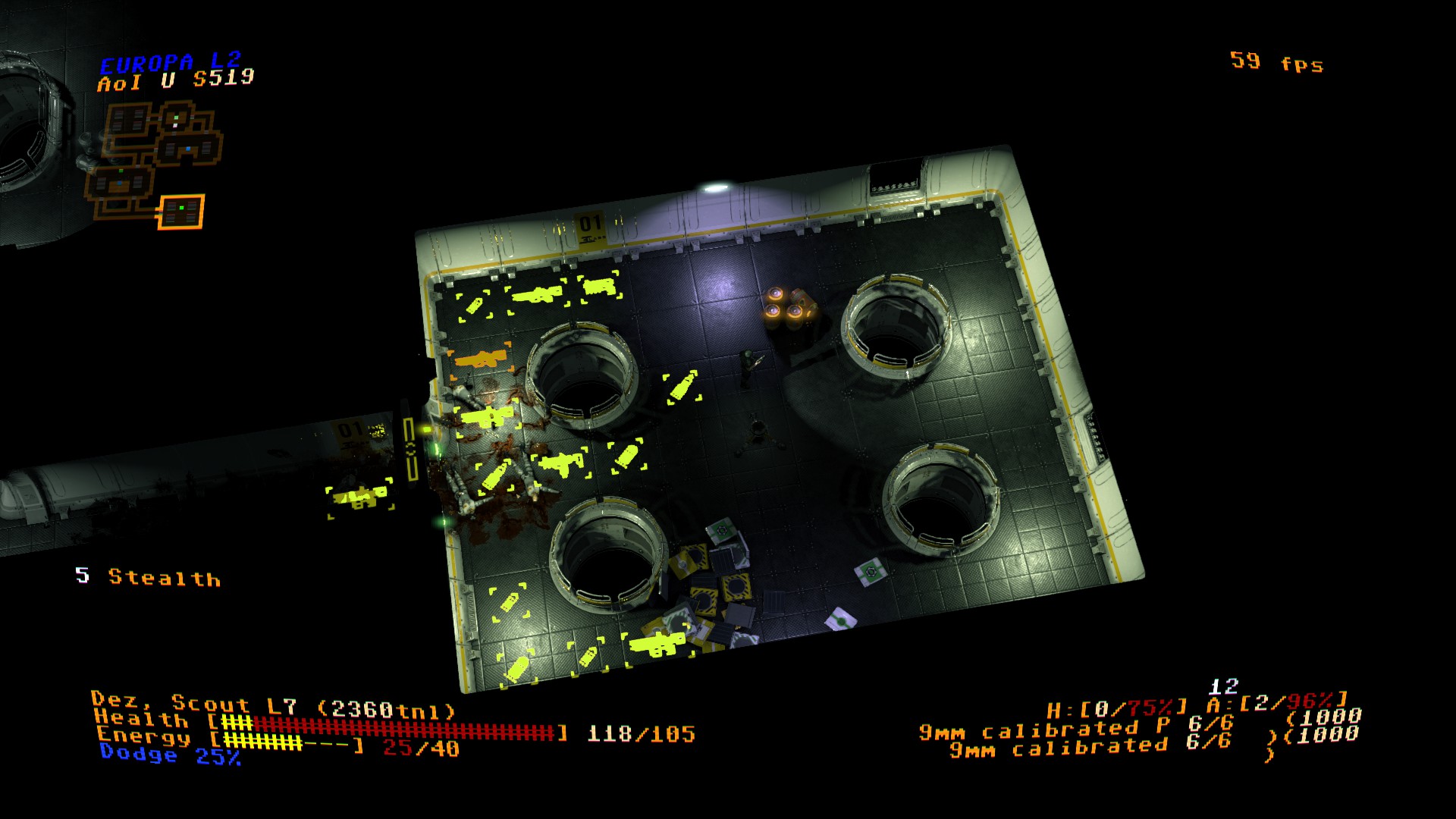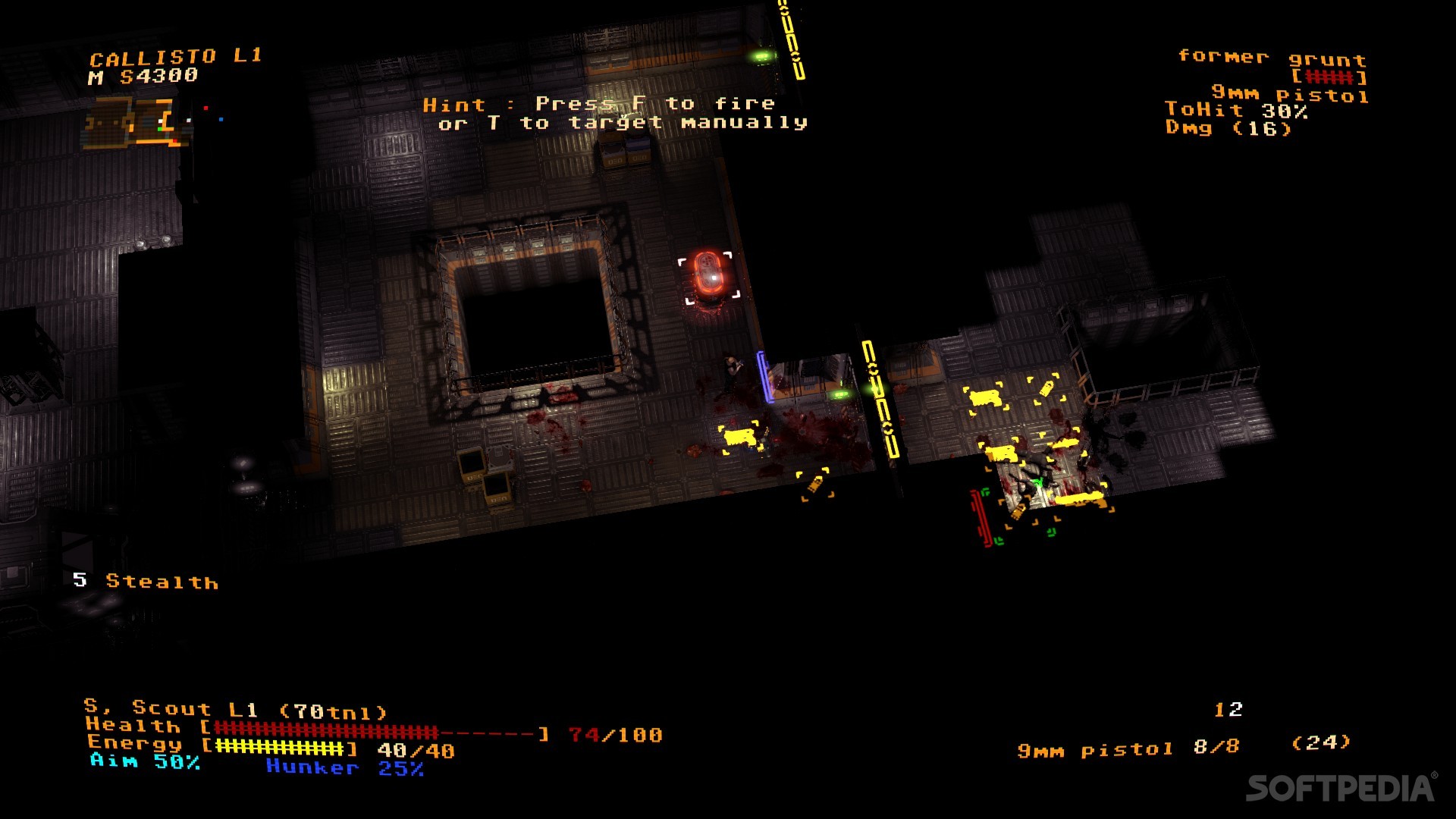


Macrogame: Some aspect of the game carries over from one playthrough to the next, even when the player gets defeated and has to start over.


More information on the term's history can be found on the Analysis page.Ĭommon tropes and mechanics in roguelikes include: For differentiation, games that only qualify under the new definition (and not the old one) are called roguelites. This is the modern definition of the term, used by most of the video game community outside of "Roguelike Communities", including this website."Roguelike" (newer definition): A genre of video games that uses random generation and permadeath designs similar to Rogue.For differentiation, it is sometimes called traditional roguelike. This is the original definition of the term, and most "Roguelike Communities" specifically about "Roguelikes" only use this definition."Roguelike" (older definition): A subgenre of turn-based Role Playing Games that uses random generation, permadeath, dungeon crawling, and high-complexity designs in the same pattern as Rogue.Rogue's design inspired a huge family of dungeon crawlers over the next few decades, which became known as "roguelikes" since the 2000s, many other games adopted the design philosophy of procedural generation and permadeath, and the term "roguelikes" came to be used on those games as well.ĭue to the gradual evolution of term "roguelike", the term nowadays has two different definitions the definition and usage of the term "roguelike" has also become a highly contentious issue among internet gaming communities, and using the incorrect definition in incorrect contexts can lead to intense arguments. The Trope Maker for the genre is the 1980 video game Rogue, a terminal-based Dungeon Crawling game which popularized the gameplay combination of random level generation and permadeath. However, the trade-off is that level designs tend to be more generic and less creative than a hand-crafted experience, as the algorithm which designs the levels can only follow a limited set of rules. This gives roguelikes a greater replay value than games in which levels are hand-designed. A single playthrough of a roguelike is typically referred to as a "run", which ends either when the game is completed or (more likely) when the player loses.īecause a roguelike's challenges are randomly-generated, there is no way to create a definitive Walkthrough to get a player through them - one can only advise the player on which decisions are generally best to take. The main hallmark of a roguelike is that it is designed to be replayed frequently and to give a new and different experience every time, by using random generation to create unpredictable level arrangements. Permanent character death: If the player loses, the game must be restarted from the beginning with a new character.Random procedural generation: Level designs and gameplay elements are generated randomly and are intended to be different on every playthrough.Roguelikes are a broad genre of video games in which the gameplay is built around two main features:


 0 kommentar(er)
0 kommentar(er)
